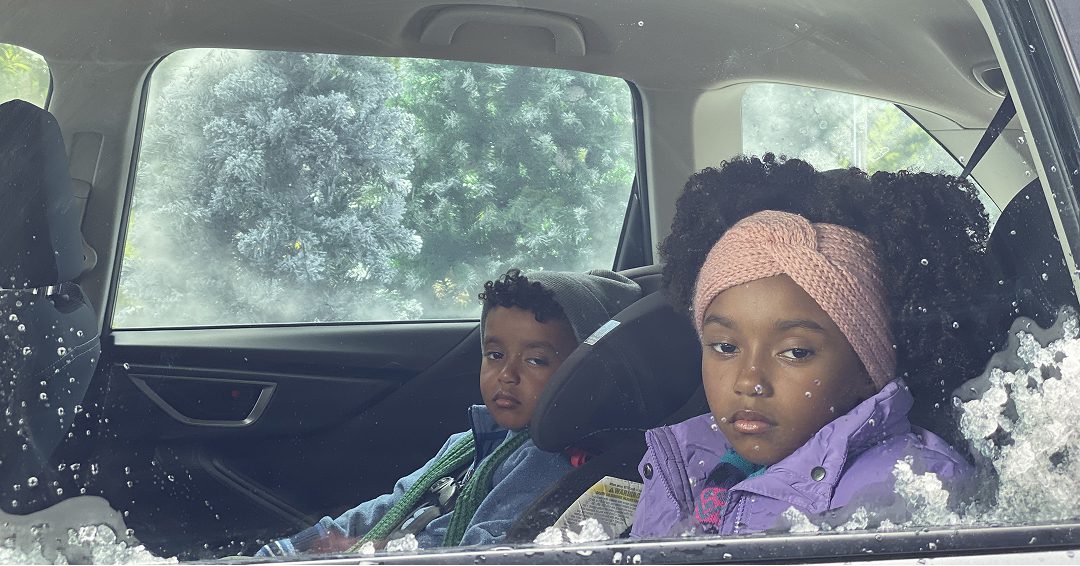
Kids in cars
Children Deserve To Live Smoke Free
Clearing the Air for Kids in Cars
An overwhelming majority of Oklahomans agree: smoking should not be allowed in vehicles when children are present.
Secondhand smoke is proven to cause several negative health effects in children including ear infections, respiratory illness, bronchitis, cancer and an increase in asthma attacks. Change is necessary to protect Oklahoma kids and future generations.
Why We Need Change
Children are particularly vulnerable to secondhand smoke. Their bodies and lungs aren’t fully developed, so exposure to secondhand smoke leaves them at greater risk for serious health issues, including:
Respiratory illness
Ear infections
Lung infections
Asthma attacks
Bronchitis
Cancer
When children are exposed inside a vehicle — where secondhand smoke is highly concentrated — these risks are substantially amplified. In fact, smoking just one cigarette in a vehicle can produce secondhand smoke levels 10 times higher than the hazardous limits set by the Environmental Protection Agency.¹ Even with the windows cracked or rolled down, toxin and carbon monoxide levels are still dangerously high.
The level of secondhand smoke a child is exposed to is directly proportional to the likelihood of the child smoking later in life.²
How Oklahoma Stacks Up
Several states and numerous cities and counties across the U.S. have already passed smoking bans in vehicles with children present, including nearby Arkansas and Louisiana. The efforts by these states are saving the lives of their most vulnerable citizens.³
Ready To Protect Our Kids?
You can make a difference in protecting Oklahoma’s children. Find ways to make effective policies a reality and have an impact on the next generation.